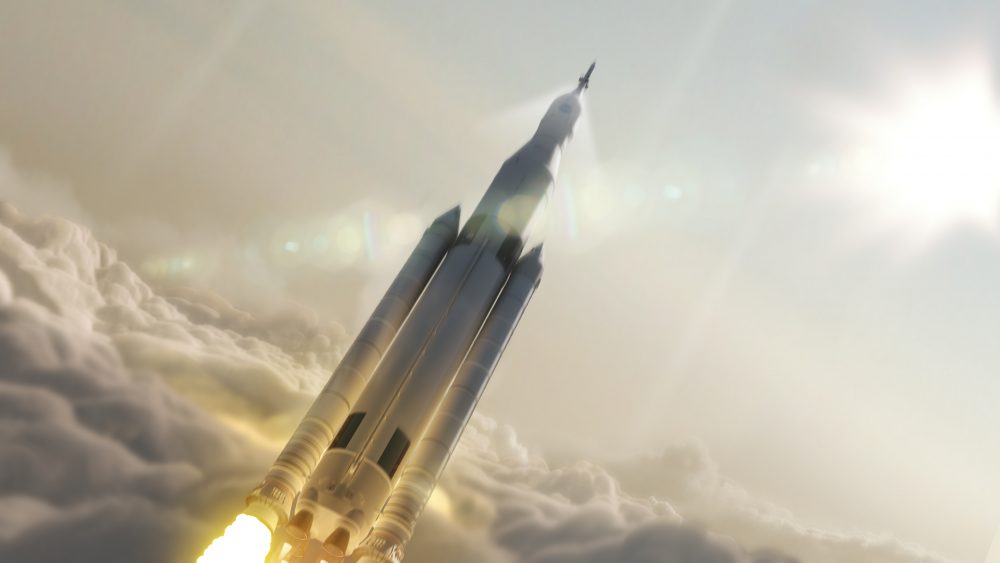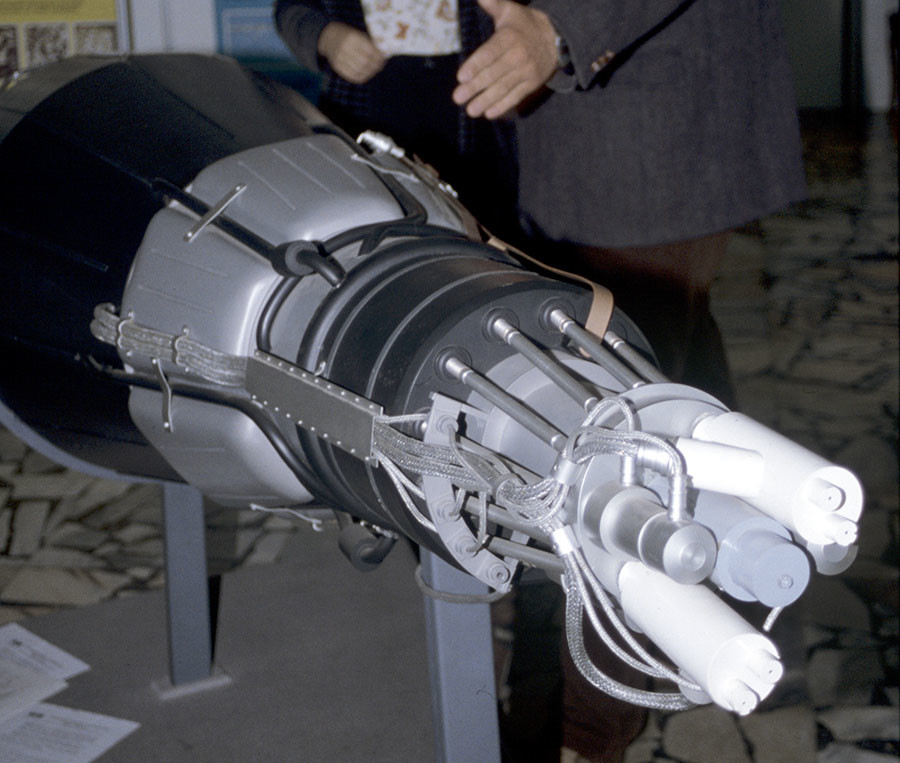Russia Working On “Nuclear Powered Engine” for Fast Travel to Mars

Mars, for long has remained a planet which has captivated the imagination of the human race. For some reason, we have always maintained an obsession with the red planet making it become almost an enigma for us. Much of it is down to the fact that for all our technological advancements, we haven’t yet deciphered a fuel efficient and quick way to reach Mars, but all of it is about to change.

Russia is reportedly working on a super-fast spaceship which will take Astronauts to Mars in 45 days, as compared to what is 18 months using the current generation rocket propulsion technology. Talking about this, head of Russia’s state nuclear body Rosatom, Sergey Kirienko said,
” A nuclear power unit makes it possible to reach Mars in a matter of one to one and a half months, providing the capability for maneuvering and acceleration. Today’s engines can only reach Mars in a year and a half, without the possibility the of return.”

According to reports, a prototype nuclear drive could start testing by 2018. Traditional rocket engines are believed to have reached the limit of their potential and can’t be used for deep space exploration. The nuclear engine project was first launched in 2010 and by 2012, an engineering design had been created. The project’s budget is estimated at 20 billion rubles (about $US274 million). This is highly economical also in comparison to traditional rocket engines whose cost goes into 10s of Billions of US Dollars.
Needless to say that a “Nuclear powered” spaceship comes with its obvious set of risks. As with rockets, many do not manage to cross the earth’s atmosphere, and some even blow up at the site of launch. Keeping that in mind, having a nuclear-powered spaceship blow up in the atmosphere leading to radioactive debris falling from the air onto areas of our planet does sound like a dangerous idea. In 1978, a nuclear-powered Soviet satellite crashed in northern Canada, spewing radioactive waste over nearly 50,000 square miles. But having said that, we’re sure the Russians will have some failsafe in place for a mishap like this, or at least we hope they would.























